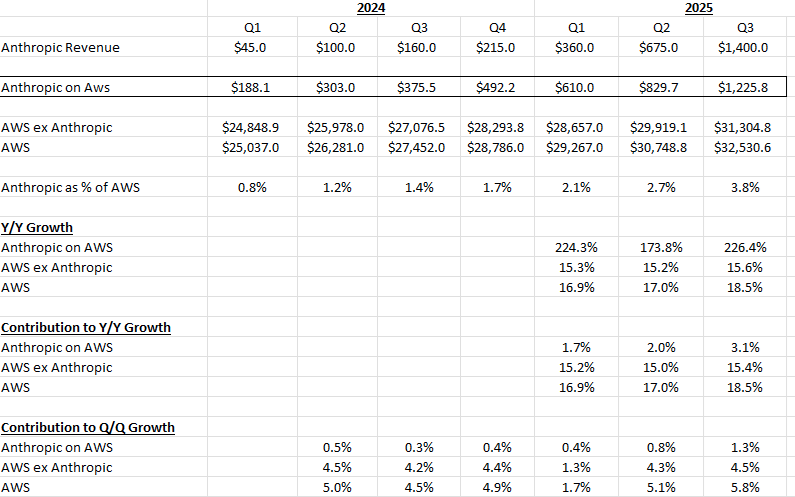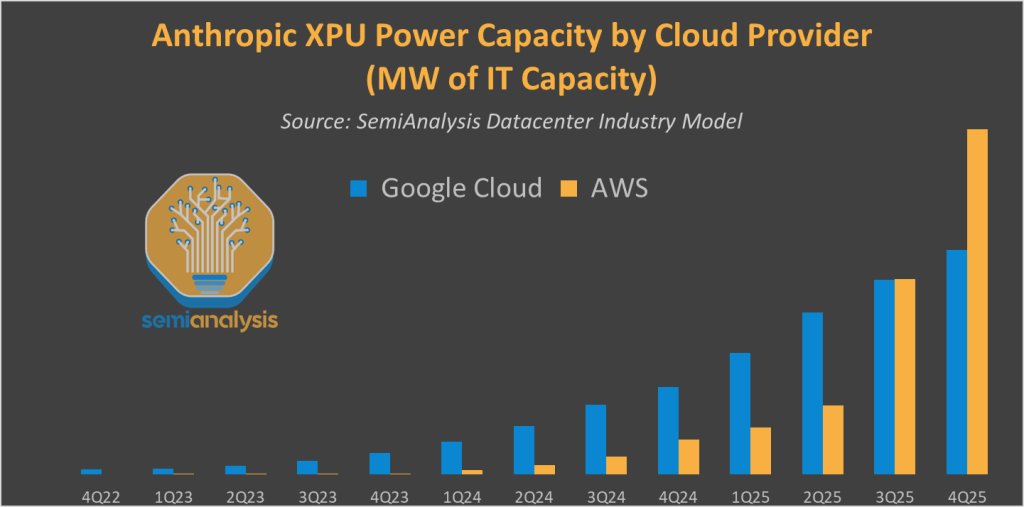Moffett did fantastic research on Verizon's fixed wireless. Using public records from Sacramento, they identified the location of VZ's small cells. Then using VZ's website, they manually input 45K (!) addresses to check to see if service was available or currently subscribed.
First, the most important point about overbuilding in general:
"One of the touchstones of telecommunications is that overbuilding wired networks almost never works"
"One of the touchstones of telecommunications is that overbuilding wired networks almost never works"

Now the actual results. Only 6% of addresses were eligible to receive fixed wireless service, with some zip codes as high as 18%. Of those eligible addresses, only 3% had taken service, although this is arguably less meaningful at this point than the eligibility. 

The most important takeaway is why eligibility is so low, and it has to do with distance from the small cells. Eligibility rapidly declines as you move away from the small cells. By 400 feet, less than 50% of addresses were eligible, and by 700 feet almost no addresses were. 

Verizon has talked about distances as great as 1900 feet. But so far, in one real world environment, that is not happening. The implication for coverage, and therefore costs, are important. Were these results indicative, VZ would need over 1M small cells to cover 30% of the US. 

It is well known FiOS was value destructive. So the idea behind fixed wireless is it is "cheaper" to deploy than fiber. But that is almost certainly not going to hold true if the eligibility per drop is so low. And this assumes a massively higher take rate than seems reasonable. 

• • •
Missing some Tweet in this thread? You can try to
force a refresh


























